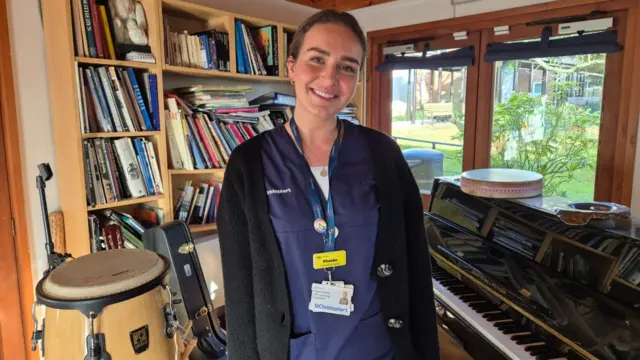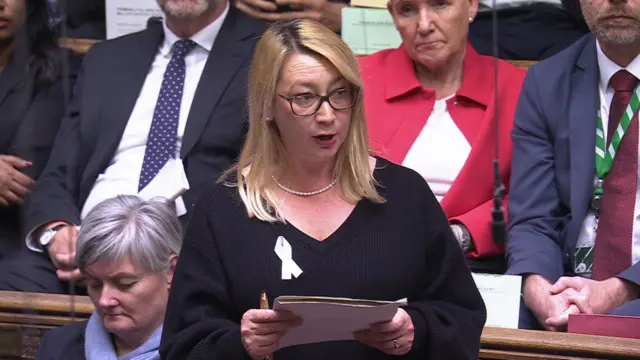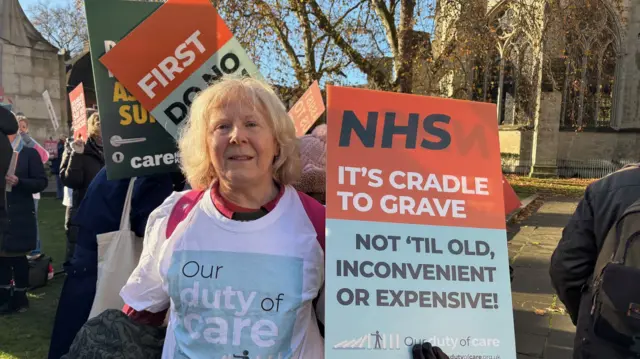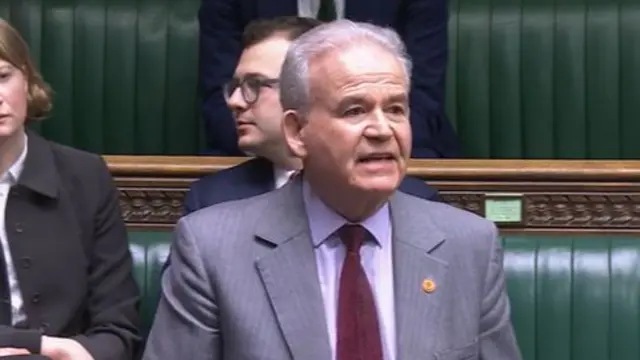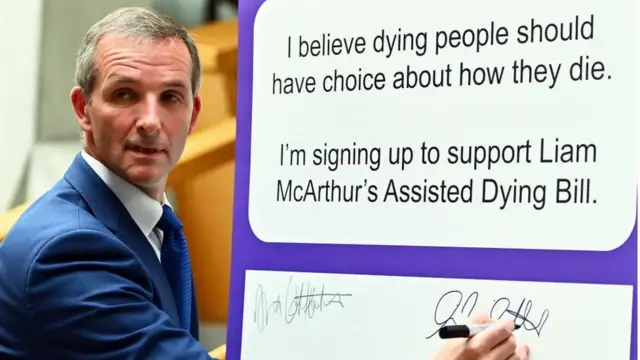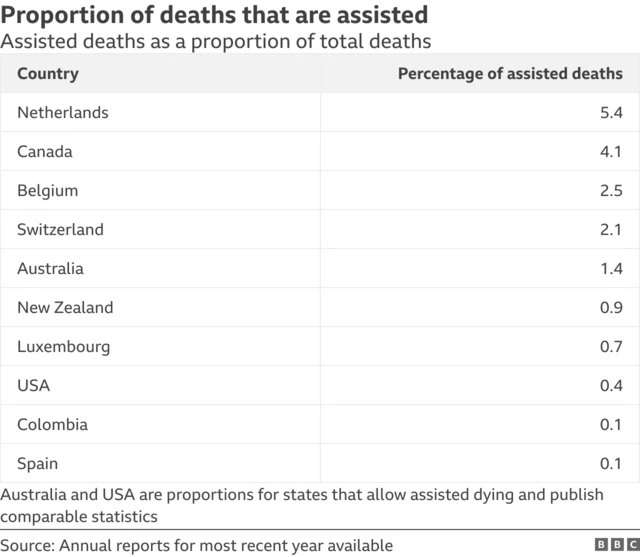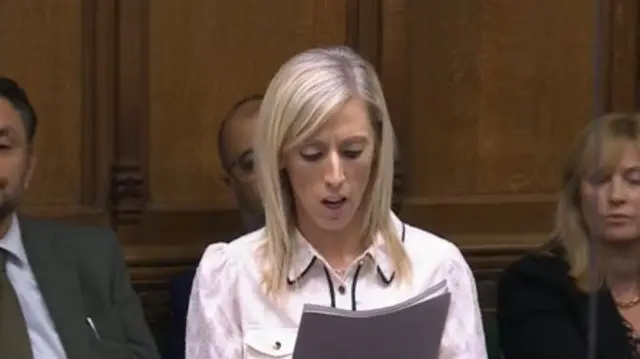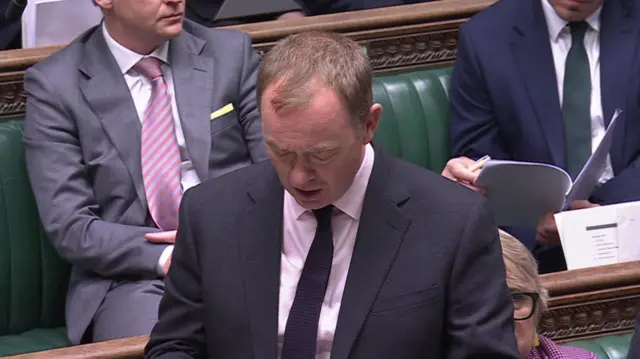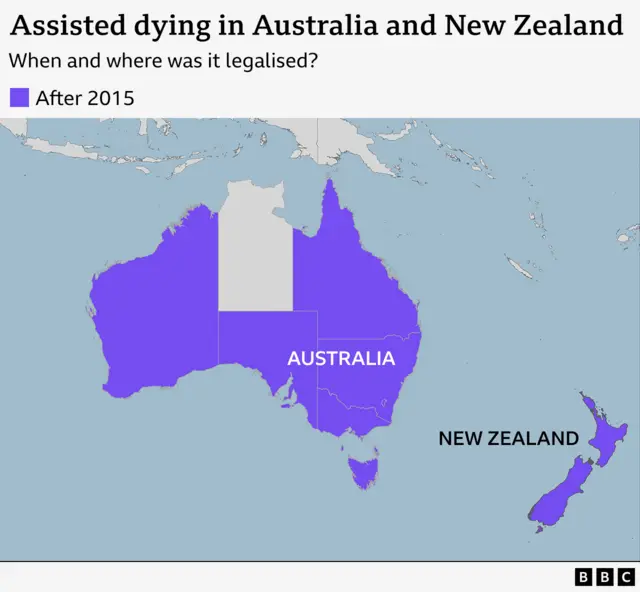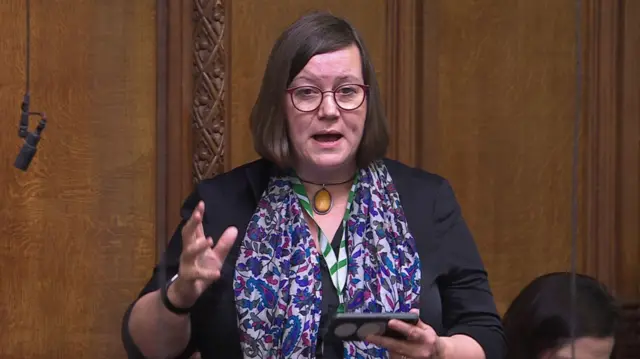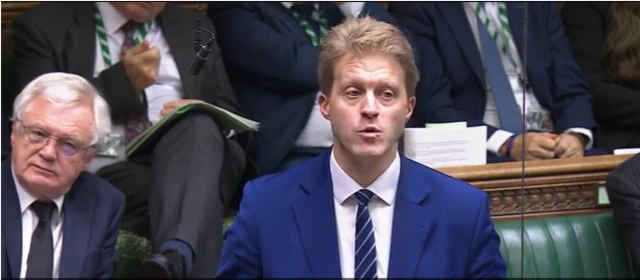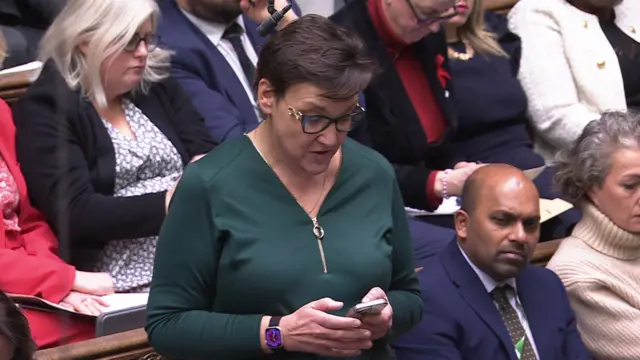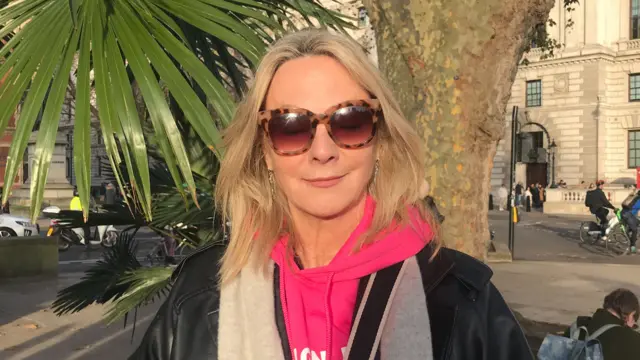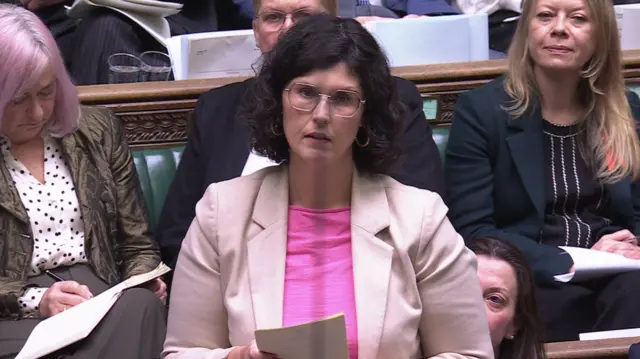
Did 59% fear being a burden?published at 13:41 GMT 29 November 2024
By Anthony Reuben
Labour MP Melanie Ward cited the example of Washington state, where she said: “last year 59% of those who went through with an assisted death did so because they feared being a burden to family, friends or caregivers”.
Those figures come from the state’s latest annual report, which actually covers 2022, external.
People who had an assisted death were asked what their end-of-life concerns were, but were allowed to give more than one answer.
So while 59% said they were concerned about being a burden, it was not the top answer.
There were 83% saying they feared loss of autonomy, 83% were concerned about being less able to engage in activities making life enjoyable and 69% worried about loss of dignity.
Only 10% were concerned about the financial implications of their treatment.

